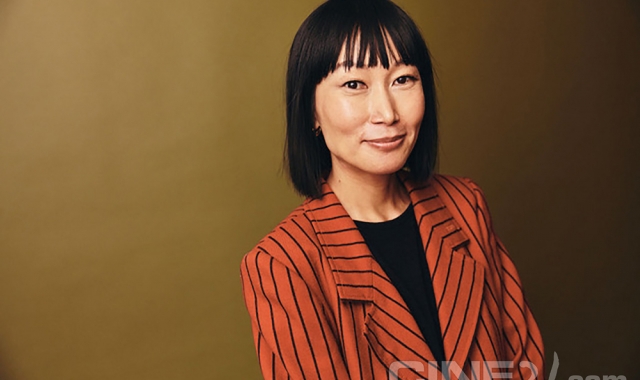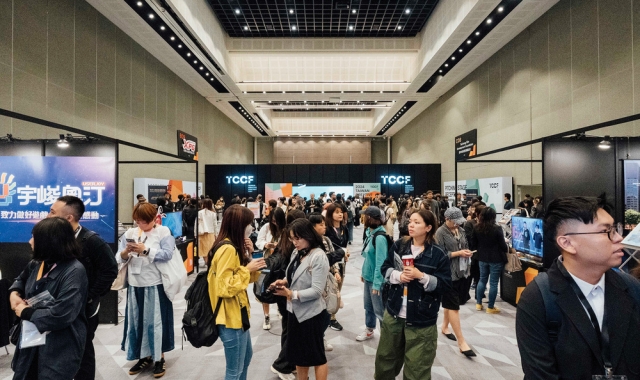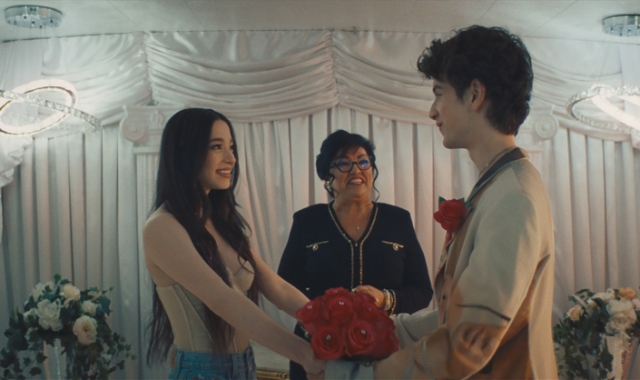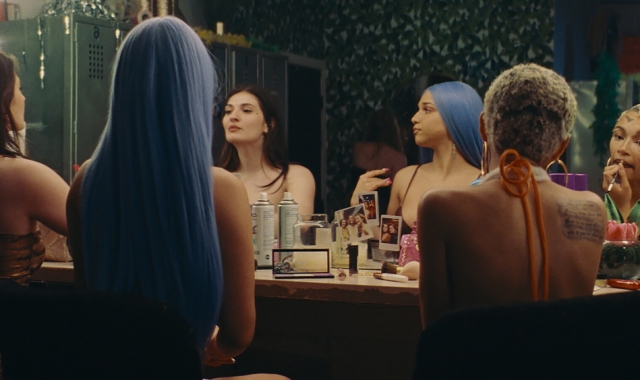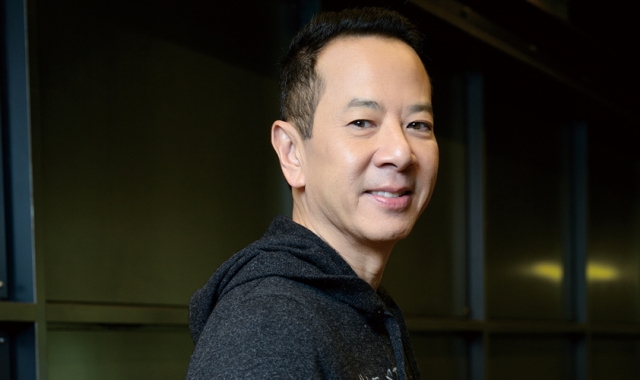
한때 주목받는 소설가였던 조선족 중국 감독 장률의 2번째 장편영화 <망종>의 줄거리를 거칠게 요약하면 이렇다. 살인죄로 감옥에 간 남편과 헤어진 뒤 아들 창호와 함께 살아가는 조선족 최순희는 같은 동포인 김 씨를 만나 짧은 사랑을 나누지만 버림받게 되고 아들까지 잃는 사고를 당하자 충동적으로 엄청난 범죄를 저지른다. <망종>은 김치를 팔며 생계를 잇는 중국의 한 조선족 여인을 내세워 소수의 소외가 다수에 대한 분노로, 소수의 분노가 다수를 향한 파괴로 이어지는 비극적 상황을 묵묵히 지켜본다. 복수극의 형태를 띠지만, 사실 <망종>은 “신뢰를 상실한 세계”의 회복을 갈구하는 영화다. 그는 “피해자와 가해자가 뒤섞이는 현대사회에서 인간의 본성은 왜곡되기 마련이고, 대상을 가리지 않는 테러가 횡행할 수밖에 없다. 나도 갑자기 순희처럼 누군가가 먹는 음식에 쥐약을 뿌릴 수도 있는 것이다. 세상은 그렇게 예측할 수 없는 지경에 이르렀다”고 말한다.
양심이 쓰레기처럼 버려지고, 윤리가 버러지처럼 여겨지는 세상. 핏줄 같은 동포끼리도 속고 속이는 세상이라는 설정은, 감독으로서 받아들이기에 맘 편한 일은 아니었을 것이다. “묵묵히 모든 시련을 참고 사는” 최순희에게 고통과 시련을 안기는 이는 어느 누구도 아닌 바로 같은 동포 김 씨다. 김 씨는 그녀에게 창녀라는 낙인을 찍고, 최순희는 그 순간 나락으로 떨어진다. 그러나 감독은 우매한 옹호보다 냉정한 침묵을 유지한다. 현실은 현실인 것이다. 카메라는 최순희에게 어떤 동정이나 연민의 시선을 두지 않는다. 그저 물끄러미 바라보고만 있다. 그런 시선이 단 한번, 마지막 장면에서 흔들린다. 분노를 일구어 누구도 예상치 않은 일을 행동으로 옮기고 난 뒤 경찰을 피해 역을 빠져나와 보리밭으로 허둥지둥 발걸음을 옮기던 최순희를 카메라는 흔들리듯 따라잡는다. “21일 동안의 촬영기간 중 맨 먼저 찍은 장면이다. 그 장면을 먼저 찍어야 답답하고 아픈 마음이 안정될 것 같았다” 최순희의 발자국 소리가 영화가 끝난 뒤에 외려 더 커지는 이유에 대해서, 감독은 “그녀는 우리 눈 앞에서 사라지지만 반면 우리 마음 속으로 한걸음 다가서는 것이기를 바라는 마음에서 그렇게 만들었다”고 설명한다.
내년에 촬영에 들어갈 계획인 <두만강>의 시놉시스를 들고 PPP를 찾은 그는 아직 순수한 영혼을 갖고 사는 아이들을 찾아 나설 예정이다. “점심에 된장찌게 먹듯이, 아무렇지도 않게 서로를 속이고 배신하는 세상이 싫다. 두만강 근처의 아이들을 찾아가는 이유는 우리가 앞으로 살아가기 위해 필요한 에너지를 찾고 싶어서인지도 모른다” 비극적 세계에서 그는 과연 희망의 출구를 찾을 수 있을까. 그의 세번째 장편영화 <두만강>은 그 질문에 대한 답이 될 것이다.
<Grain in Ear> is the second film of a Korean-Chinese director Lu Zhang who once was a famous novelist. The film is about a Korean-Chinese woman, Soon-hee Choi, who is living with her son after separating with her husband, who is in jail for murder. She falls in love with Mr. Kim, however, shortly after, he dumps her and she even loses her son through an accident. As a result, she spontaneously commits a terrible crime. <Grain in Ear> observes the tragic situation through a Korean-Chinese woman who makes her living by selling Kimchi. The film deals with the isolation of the minority, which in turn becomes anger towards the majority and the anger of the minority resulting in the destruction of the majority. Although theme of <Grain in Ear> seems to be revenge, it thirsts for the recovery of “the world without faith.” The director says, “Modern society, where the assaulter and the victim mix together, distorts the human nature and lets out a rampant terror towards anyone. Suddenly, even I could be the one putting rat poison in someone’s food like Soon-hee.”
The world where the faith is treated like filth and the hearts are ruthless. The director must have been heartbroken observing brethrens cheating and deceiving each other. The director rather remains serene than embracing it tenderheartedly, although he had confessed he was feeling bitter at the end of the film where Soon-hee departs. Soon-hee, who lives silently, bearing all her sadness. The one who hurts her the most is her brethren Kim.
Zhang, who has come to PPP with <Dooman River>, a film of the pure-hearted children living near Dooman River, says, “I do not like this world where people are deceiving and betraying each other like it’s nothing, like it’s ordinary as drinking soup at lunch. The reason why I look at these children may be that I wanted to find the energy to live on.” Would he be able to find hope in this tragic world? We will be able to find the answer in <Dooman River>.

